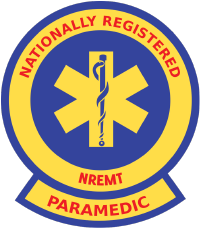
Nationally Registered Paramedics (NRP) are required to renew their certification every two years. NRPs can recertify by either taking the Paramedic Certification Examination or by completing continuing education. Note: We encourage you to reference the specific license renewal requirements for every state which you are licensed to practice.
The Paramedic National Continued Competency Program (NCCP) requires a total of sixty (60) credits of continuing education to recertify. The model requires continuing education in three components: 1. a national component, 2. a local/state component, and 3. an individual component.
The National Registry accepts State EMS Office accepted and CAPCE accredited education, education from EMS education programs, and U.S. accredited academic credit, college course, college course or credit provided by the National Registry Alternative Recertification Credits Policy. All education must be directly related to EMS patient care. International Clinicians must complete education from the list of approved United States education sources.
Education can be gathered through online or in-person courses. As of 2022, there are no limits on how much online education you can use on your application.
Courses that cannot be applied towards recertification requirements include duplicate courses, clinical rotations, instructor courses, management/leadership courses, performance of duty, preceptor hours, serving as a skill examiner, and volunteer time with agencies. If you have questions on accepted education, please review the Recertification Guide.
National Component Guides
The new 2025 NCCP Model will begin on April 1, 2025 for EMT/AEMT/Paramedic and October 1, 2025 for EMR:
National 2025 NCCP ModelLocal or State Component: 15 Credits
If the agency and/or State EMS Office requires specific education, that education may be entered into this section. If specific education is not specified, these required fifteen (15) credits are considered flexible but must be directly related to EMS patient care.Individual Component: 15 Credits
The fifteen (15) credits required for the individual component are flexible but must be directly related to EMS patient care.This option enables you to demonstrate continued competency without documenting continuing education.
- Login to your National Registry account. Complete a Recertification by Examination application and pay the examination fee.
- After 24-48 hours, login to your National Registry account and print your Authorization to Test (ATT) letter. Follow the directions in the letter to schedule your examination.
- You may make one (1) attempt to take and pass the examination between April 1 (one year prior to your current expiration date) and March 31 (your expiration date).
- If you successfully pass the examination, you will be recertified with an Inactive status. Be sure to submit an inactive to active request to your Medical Director.
- If you are unsuccessful on the examination, you may recertify by continuing education. Education must be completed by expiration date.

